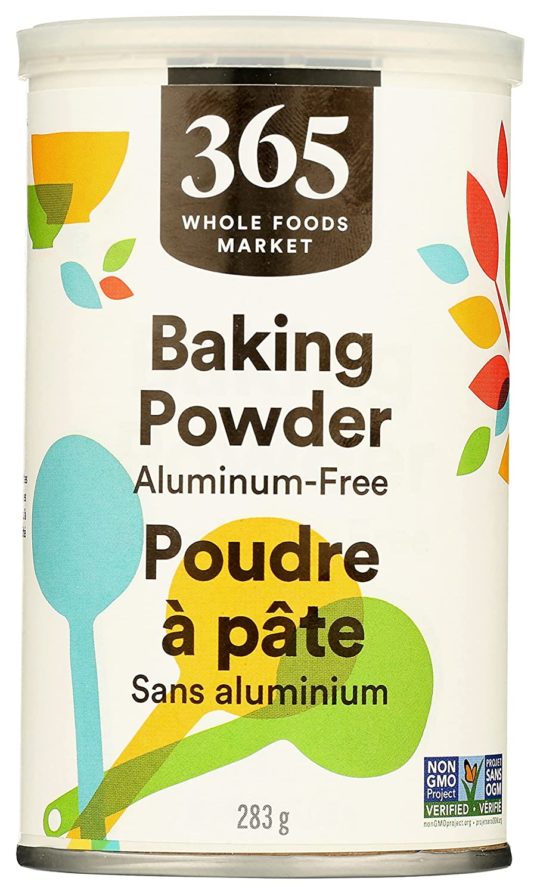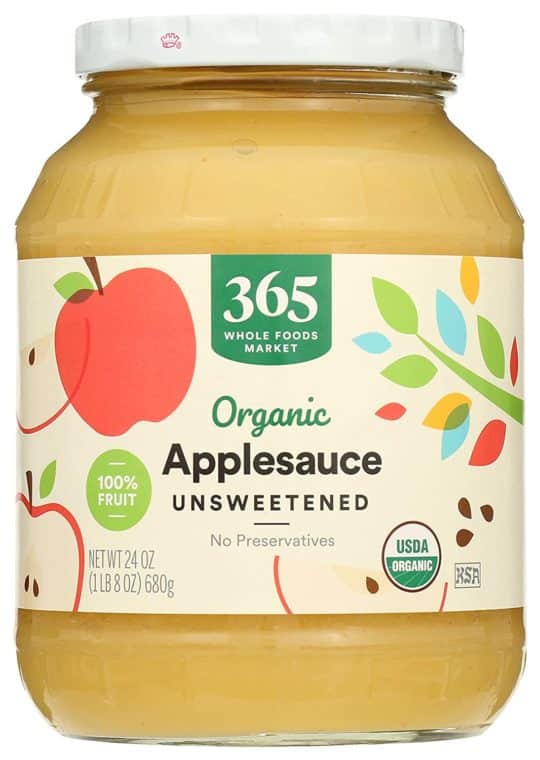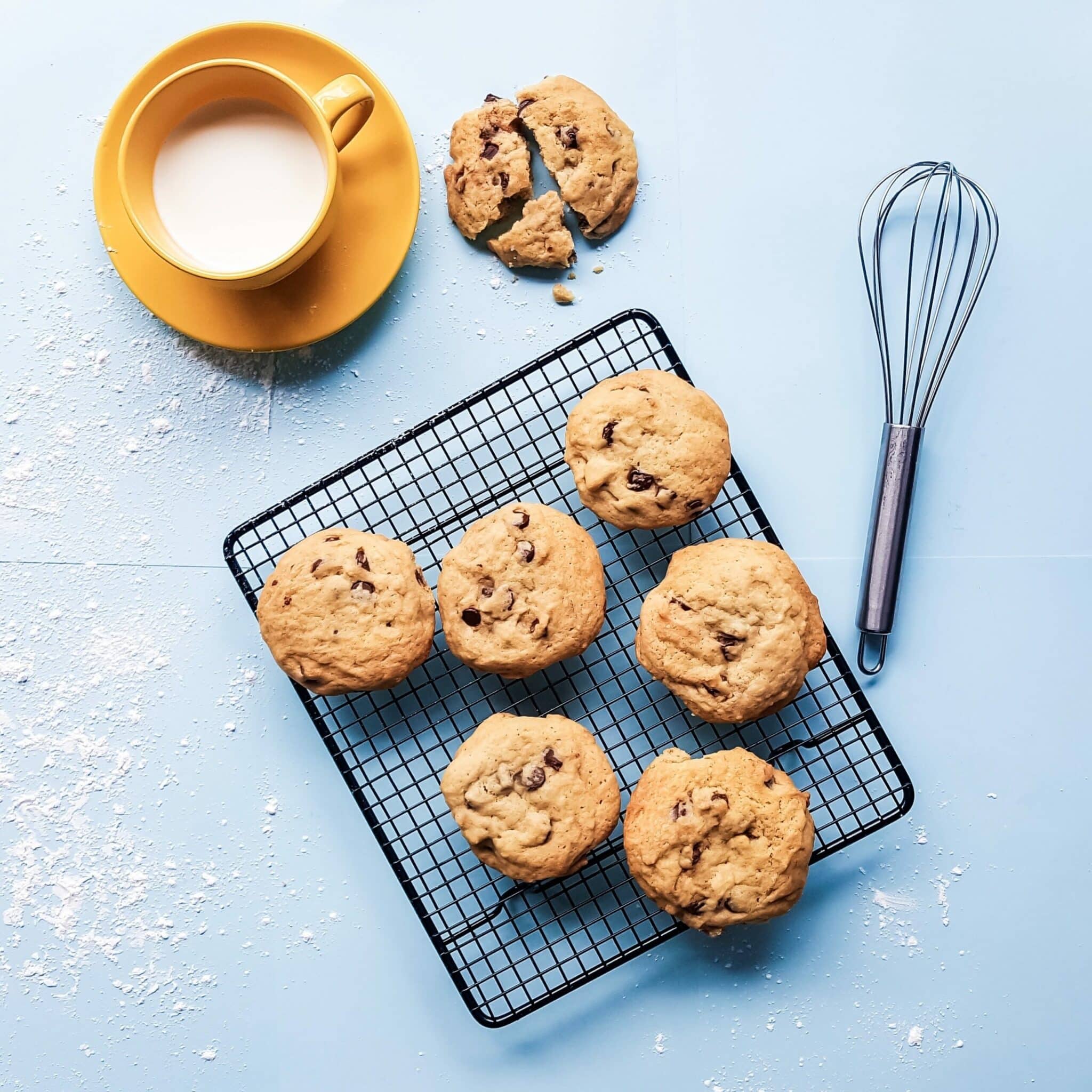Whatever you’re preparing, you’ll always need ingredients to achieve your aim. Whether in large quantities or minute ones, you’ll always need something to achieve another thing. What’s funny is that some of us only know how much we need these ingredients but not what makes them important to our dish. The egg is an example, as we’re all very familiar with it in almost everything we eat. But do we know why it’s a staple in our dishes?
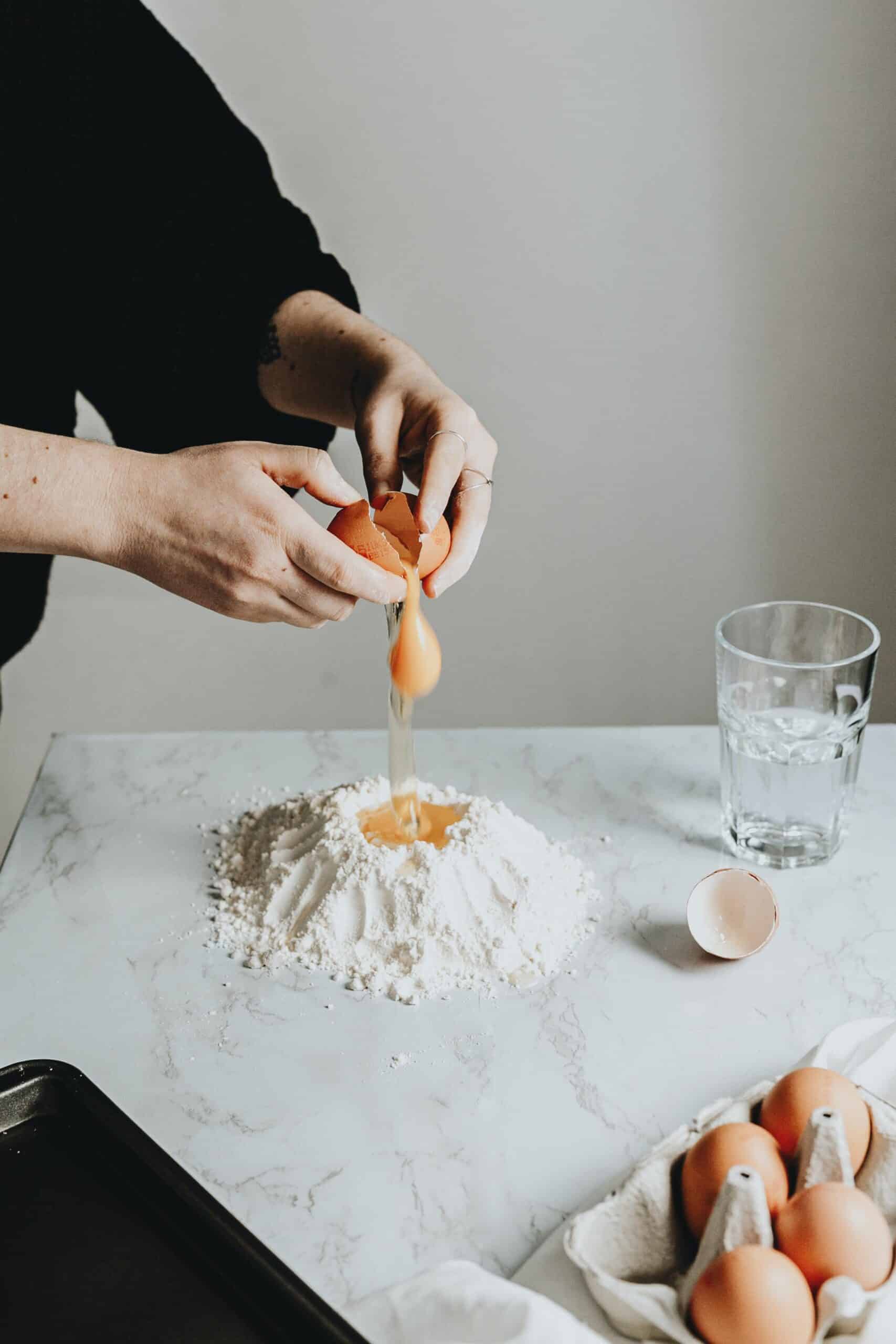
Egg in baking cookies nutrition facts
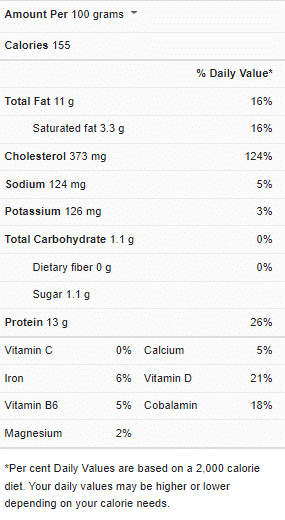
Eggs have been around for a long time, as far back as hunting history and more recent cultures of domesticating chicken. In ancient Rome, eggs were revered in many ways- meals often start with an egg course, and the shells are used to repel evil spirits. Eggs are so rich they were banned during lent in the Middle Ages. Many even trace the history of lemon curd to France in the seventeenth century where eggs were popularly scrambled with acidic fruit juices.
Eggs are have been said not to be eaten raw to prevent salmonellosis, a disease of food poisoning caused by a bacteria present in eggs. But as fried, scrambled, pickled, omelets, or hard-boiled, they’re safe to be consumed and used in cooking.
The egg in recipes
Eggs are used in cooking and baking to tenderize and to structure and bind dishes. The unique structures of the yolk and albumen (egg white) make eggs a perfect ingredient in cooking and baking. They’re used to thicken dishes and add color to recipes like yellow cake. And they enrich the flavor of your dish and also help the ingredients stick together and mix better.
Eggs are also used as a wash to add a shiny finish to bread, and they help hold moisture in baked goods. They also add fluffiness to baked goods and pastries. You’ll find eggs as a staple in many recipes worldwide, like these below;
- Burritos
- Sausage and egg casserole
- Scotch egg
- Egg salad blini bites
- Sandwiches
- French toast
- Scallion bacon deviled eggs
- Egg and sausage bake
- Avocado toast
- Kale frittata
- Bread pudding
- Leek quiche
- Sunny Side eggs
- Pesto baked eggs
- Popovers
- Egg fried rice
- Mexican chilaquiles
Eggs in cookies
In cookies, eggs are a major source of moisture to the cookie dough. There’re very few wet ingredients in the dough, so eggs are the primary component in binding starch and flour together. They’re significant in creating texture within the cookie, and more eggs mean more chewiness and texture.
Also, if you want a thin cookie, you’ll need to reduce your egg measurement. But you still need eggs, even if substantially small in your cookie, to make sure there’s the moisture content in the cookie dough. Egg yolks specifically help to emulsify the cookie dough, making it thick and smooth to whip. Unfortunately, too little egg yolk makes it hard to spread and low in moisture, which will make the cookie drier than your preferred result.
However, you can’t use only egg yolk in your cookie as it’ll result in a harder cookie, so you need egg whites too. Egg whites compliment the yolk to make the cookie dough easier to whip and the result chewier.
Substitutes for eggs in baking cookies
Whether you’re allergic to them, vegan, or ran out of eggs, these replacements can come in handy for your cookie recipes;
Water, oil, and baking powder
You take one look at this arrangement of ingredients, and you realize you don’t have any problem replacing eggs in your cookies. And each ingredient carries different characteristics of the egg. The water brings the moisture, the oil help to hold the moisture in place and improves the texture, while the baking powder is a perfect binding agent. This substitute makes the cookie light and airy as it isn’t as weighty as beaten egg, but the cookie will be exactly crispy. Use two tablespoons of water with two teaspoons of baking powder and one teaspoon of vegetable oil to replace one large egg in your cookie dough.
Applesauce
This is another great substitute for egg in baking cookies and has always been the substitute option for people who are health conscious. Applesauce brings enough moisture content to the cookie, making it moister and chewier than using egg. But it’s still a very good substitute. And though it also won’t make your cookie as crisp, it still adds delicious with a sweet, slight apple flavor. So, substitute a quarter cup of unsweetened applesauce for one large egg in baking cookies.
Arrowroot powder
This is an almost perfect substitute for eggs in baking cookies. It comes from a tuber in South America and is a popular ingredient in thickening liquids. It’s used in anything from gravy to pie and some other foods. Arrowroot powder is mixed with water to form a slurry before it’s added to the cookie dough. This substitute brings about extra sweetness to your cookie but can make it a little bit dry, so some add a bit of cooking oil to fix the dryness. Use two tablespoons of Arrowroot powder + three tablespoons of water to replace one large egg in cookies.
Frequently asked questions (FAQs)
How Many eggs are in cookies?
Egg measurement in your cookie depends on your preference and the type of cookie you’re making. Your regular cookies most times call for just one large egg in the cookie dough, but a chocolate chip cookie, for example, needs two large eggs in the cookie dough.
What do more eggs do to cookies?
More eggs in your cookies mean more texture, more binding between the starch and protein, which makes the cookies chewier. And if your preference is cake-like cookies, then you should increase your eggs. But the eggs in your cookie have to match the measurement of other ingredients so as not to end up with something unpleasant. So understanding your egg ratio helps you with a better cookie when substituting the egg for other ingredients.
What does butter do to cookies?
Butter is important in cookie structure. The fat and moisture enhance gluten development, impacting your cookies’ shape, structure, texture, and spread. Butter directly affects how flaky, crispy, or cakey the cookie will be.
Conclusion
These days, the egg is becoming the holy grail of cooking ingredients, appearing in so many recipes. But with all this popularity comes the constant need for egg, meaning its absence or need to be replaced can cause hiccups. In cookies, ingredients like the ones above can do well in their place. So, follow our instructions, get the measurements right, and enjoy your cookie.
